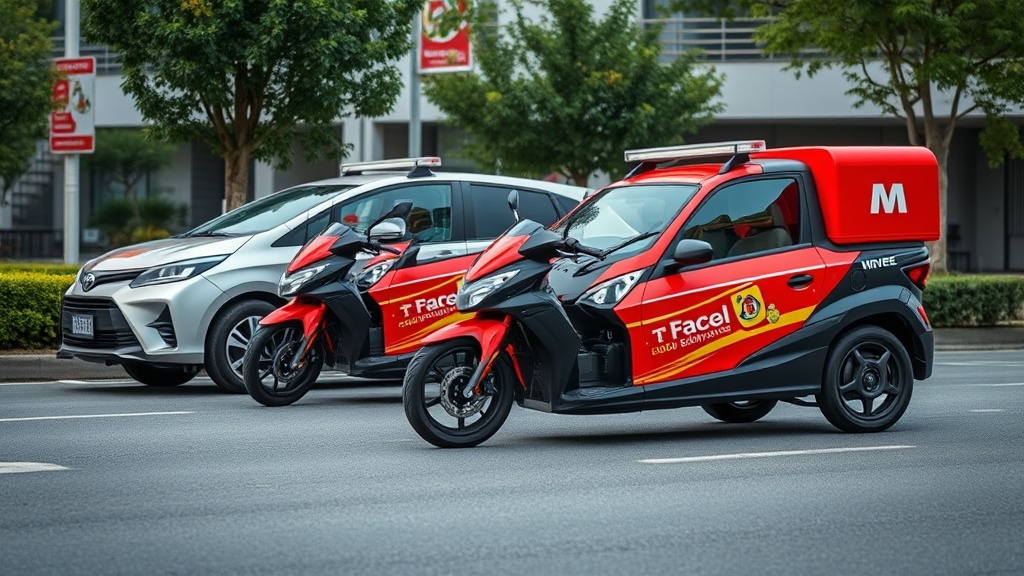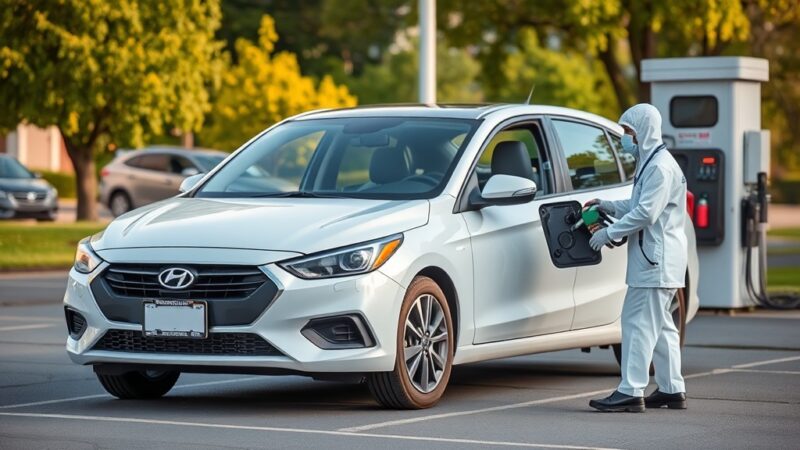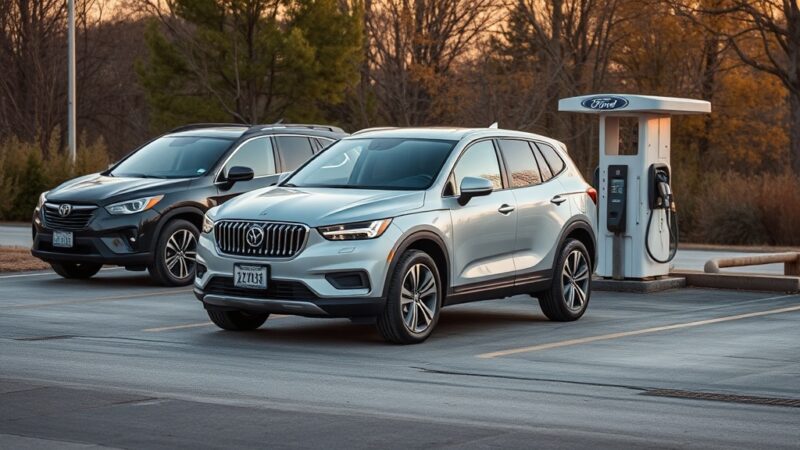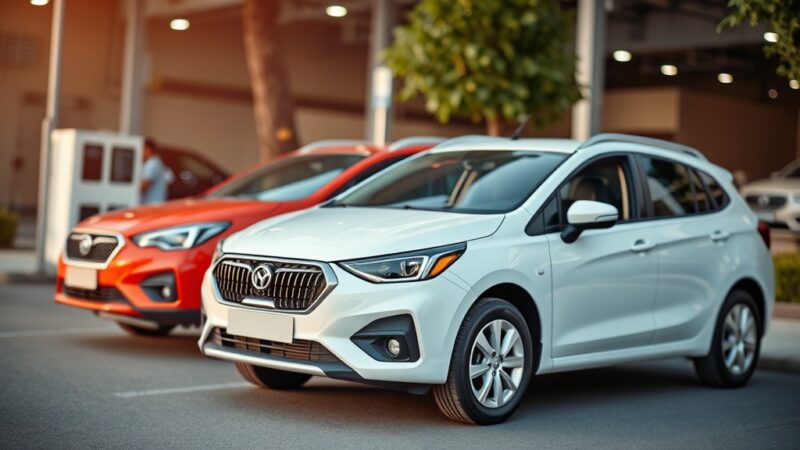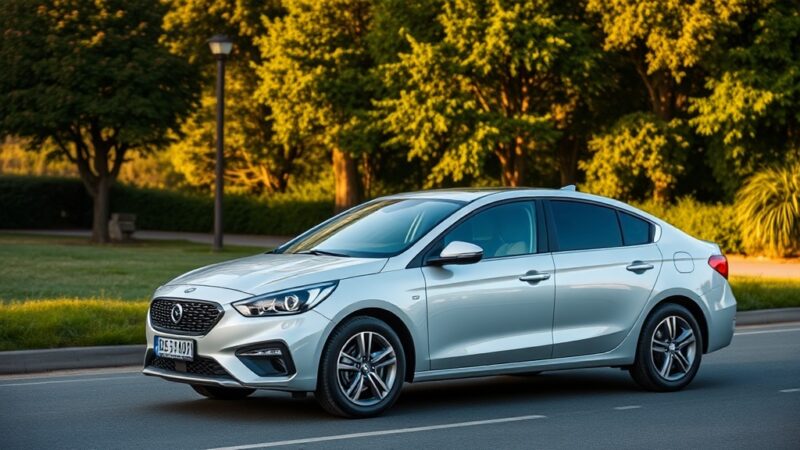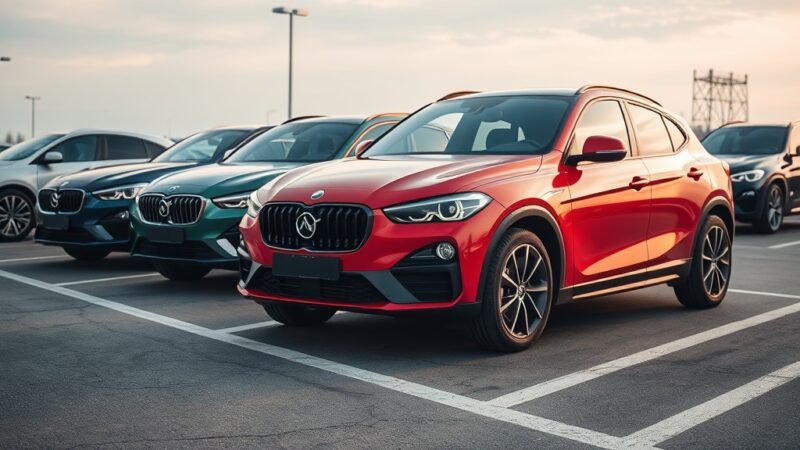Exploring Cars with the Best Mileage for Food Delivery Services
When it comes to food delivery services, knowing which cars offer the best mileage is crucial. With the rising costs of fuel, it’s essential to choose a vehicle that not only keeps operating expenses low but also gets food to your customers promptly. Here’s a look at several vehicles that stand out for their excellent fuel efficiency and why they are ideal for food delivery work.
Top Cars with Exceptional Mileage for Delivery Services
The following list highlights some of the top cars that provide excellent mileage, making them perfect for anyone in the food delivery business:
-
Toyota Prius
As one of the pioneers in hybrid technology, the Toyota Prius offers remarkable fuel efficiency. With an average of 56 miles per gallon (mpg), it’s a favorite among delivery drivers.
-
Honda Insight
With its sleek design and impressive 55 mpg rating, the Honda Insight is another hybrid that balances style and efficiency perfectly.
-
Hyundai Ioniq
The Hyundai Ioniq is known for stretching every gallon of gas. You can expect around 58 mpg, making it a top contender for food deliveries.
-
Ford Fusion Hybrid
The Ford Fusion Hybrid combines comfort and efficiency. It averages about 42 mpg, making it suitable for both highway and city driving.
-
Kia Niro
This compact SUV offers versatility with its spacious interior while delivering around 50 mpg. Perfect for delivery drivers needing extra space.
Comparing Mileage and Specifications
Understanding the mileage and performance specs of these cars can help you make an informed decision:
| Car Model | Fuel Type | Average MPG | Storage Space (Cubic ft) |
|---|---|---|---|
| Toyota Prius | Hybrid | 56 | 27.4 |
| Honda Insight | Hybrid | 55 | 15.1 |
| Hyundai Ioniq | Hybrid | 58 | 26.5 |
| Ford Fusion Hybrid | Hybrid | 42 | 16.0 |
| Kia Niro | Hybrid | 50 | 22.4 |
Why Mileage Matters in Food Delivery
One of the main challenges of food delivery is managing costs. Choosing a vehicle with high mileage allows you to keep your fuel expenses low. With every penny saved on gas, you can maximize your profits, creating a more sustainable business model.
Moreover, a car with excellent mileage enables you to cover longer distances without constant refueling, allowing for greater flexibility in taking on orders. This can enhance customer satisfaction, as more efficient delivery may also mean hotter, fresher food upon arrival.
Additional Considerations
Aside from mileage, there are other factors to consider when selecting a vehicle for food delivery services:
- Space: Ensure that the vehicle has enough room to store food items effectively. Consider the interior and trunk space for carrying larger orders.
- Comfort: As a delivery driver, you’ll spend many hours in your car. Choose a model that provides a comfortable driving experience.
- Reliability: Select models with good reliability ratings to minimize downtime and maintenance costs.
Selecting a car with the best mileage is crucial for success in the food delivery business. By considering the options listed above, you can find a vehicle that not only meets your fuel efficiency needs but also enhances your overall experience as a delivery driver. High mileage vehicles help keep operational costs down while ensuring timely deliveries, leading to happier customers and a successful delivery service.
The Impact of Fuel Efficiency on Food Delivery Profitability
In the competitive world of food delivery services, fuel efficiency plays a crucial role in determining profitability. With rising fuel costs, choosing vehicles that provide exceptional mileage can drastically influence a delivery business’s bottom line. This article explores how fuel efficiency impacts food delivery profitability, empowering you with knowledge to make informed choices.
First, let’s take a closer look at why fuel efficiency is critical for food delivery services:
- Cost Reduction: The more miles per gallon (MPG) a vehicle offers, the less money you spend on fuel. This directly lowers operating costs.
- Environmentally Friendly: Vehicles with better mileage produce fewer emissions, aligning with growing consumer preference for sustainable practices.
- Increased Range: Higher fuel efficiency allows delivery drivers to cover more distance without frequent refueling, leading to faster delivery times.
- Improved Profit Margins: Lower fuel costs translate into increased profit margins, making it easier to invest in other aspects of the business.
Next, let’s examine specific vehicle types that are renowned for their fuel efficiency and suitability for food delivery services. These vehicles can help you maximize your earnings:
| Vehicle Model | Fuel Efficiency (MPG) | Type | Average Cost |
|---|---|---|---|
| Toyota Prius | 56 | Hybrid | $25,000 |
| Honda Insight | 55 | Hybrid | $24,000 |
| Hyundai Ioniq | 58 | Hybrid | $23,000 |
| Ford Fusion Hybrid | 42 | Hybrid | $28,000 |
| Chevrolet Spark | 38 | Compact Car | $14,000 |
Investing in fuel-efficient vehicles can have a significant positive impact on your food delivery business. The savings generated from reduced fuel costs allow you to allocate budget towards marketing efforts, better food packaging, or expanding your delivery area.
Beyond selecting a fuel-efficient model, other strategies can further enhance profitability:
- Route Optimization: Utilize apps that help plan the most efficient delivery routes. This can save fuel and time, leading to quicker deliveries.
- Scheduled Deliveries: Organize deliveries during peak hours to maximize efficiency while utilizing fuel effectively.
- Regular Maintenance: Keep your vehicle well-maintained. Proper tire pressure and timely oil changes can help maintain fuel efficiency.
You should also consider the timing of your deliveries. Delivering during busy times can increase the volume of orders, meaning less fuel wasted on multiple trips for single orders. Have a strategy that focuses on high-demand hours and prioritize delivery efficiency in those times.
Ultimately, fuel efficiency isn’t just a number; it’s a fundamental aspect of profit management in food delivery services. The less you spend on fuel, the more you can invest back into your business. The moves you make today, like choosing the right vehicle, will set the tone for your long-term success. Engage with the right auto dealer or research options online to select a vehicle that meets both your mileage needs and delivery requirements.
By valuing fuel efficiency, you can not only enhance your service but also ensure that your delivery operations remain lucrative and sustainable in the ever-changing food industry landscape.
When you align your vehicle choice with fuel efficiency, you’re setting the foundation for a successful food delivery business. Each delivery made with a fuel-efficient vehicle positively impacts your profits, helping you thrive in this competitive arena.
Conclusion
Choosing the right car for food delivery services is crucial for maximizing your efficiency and profitability. Cars with the best mileage not only help you save on fuel costs but also enhance the overall delivery experience for your customers. When evaluating options, keep in mind that vehicles boasting high fuel efficiency significantly reduce operating expenses, allowing you to invest more in your business or enjoy higher profit margins.
Additionally, selecting the ideal delivery car also means considering features that improve your service. Spacious interiors, reliable performance, and easy maneuverability in city traffic can make a big difference in your day-to-day operations.
Ultimately, focusing on fuel-efficient vehicles positions you to thrive in the competitive food delivery market. By minimizing fuel expenditures, you can channel those resources into aspects that matter—such as improving delivery speed, enhancing customer satisfaction, and expanding your service range. Make an informed decision to ensure that the vehicle you choose does more than just deliver food; it becomes a key asset in scaling your business successfully. Prioritize mileage alongside other essential features to make the most of your food delivery service, and watch your profitability soar.

